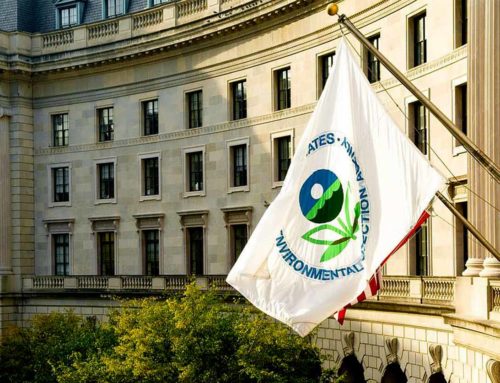This week, the Royalty Policy Committee, which was established to advise the Department of the Interior on natural resources management, is holding its fourth meeting in Denver, Colorado on Thursday, September 13, 2018. President of Taxpayers for Common Sense, Ryan Alexander addressed the committee during its public comment period.
Her full comments (in PDF format) can be accessed here.
Find her remarks as delivered below:
Good morning. I am Ryan Alexander, president of Taxpayers for Common Sense (TCS), a national, non-partisan budget watchdog organization.
Over the last two decades, TCS has produced research and analysis identifying, tracking, and accounting for lost taxpayer revenue in our federal leasing and royalty collection system.
First, let me say that we support the recommendation to DOI to release more data on energy production. Our decades of work analyzing federal oil and gas data gives us insight to the current lack of transparency. So thank you to the committee for recommending this important step towards greater transparency.
We do have concerns about some of the other recommendations being considered today. The Planning, Analysis, & Competitiveness subcommittee asks that the Bureau of Land Management (BLM) be allowed a maximum of 45 days to approve a permit. If BLM does not object within 45 days then the lessee may proceed with drilling. We have two major concerns with this proposal. The first is that a truncated process will not allow BLM to properly consider additional liabilities, any potential damage to energy-bearing formations caused by the drilling plan, or what might otherwise affect the full recovery of the taxpayers’ oil and gas resources.
Moreover, the proposed “Notification of Permit to Drill” that effectively transfers authority over permit issuance to the lessee is inconsistent with the Mineral Leasing Act, which clearly places that responsibility with BLM.
The Fair Return & Value subcommittee is recommending that DOI implement a replacement for the natural gas portion of ONRR’s 2016 Valuation Rule. The recommendation itself suggests proposing an index pricing system – but the background language calls for a system where multiple ways to calculate gas value are permitted, and payors choose the calculation that suits them best. This system is inherently problematic, as payors will invariably choose the calculation that provides the lowest values and thus the lowest royalty payments, lowering taxpayer revenues. If adopted, the proposal as described in the subcommittee’s materials would remove BLM’s authority to determine valuation, handing power over to producers to self-regulate. A properly designed index pricing system could be good for both taxpayers and industry, but the loopholes described by the committee undermine the certainty index pricing would provide for all parties.
Finally, there are key areas the RPC has yet to address.
First, the issue of lost natural gas. According to our recent analysis of ONRR data, oil and gas companies have paid royalties on less than 10 percent of the natural gas vented or flared on federal lands. BLM’s new proposed rule will further decrease royalty revenue.
Second, the RPC should address taxpayer losses from non-producing and noncompetitive oil and gas leases. More than half of all onshore acres leased for oil and gas production and 70 percent of offshore oil and gas leases sit idle. The RPC should examine the BLM’s rental pricing and competitive leasing practices.
TCS has submitted our full comments to the RPC. We hope to participate in a comprehensive and transparent discussion of royalty issues facing the Department of Interior.
Thank you.














Get Social